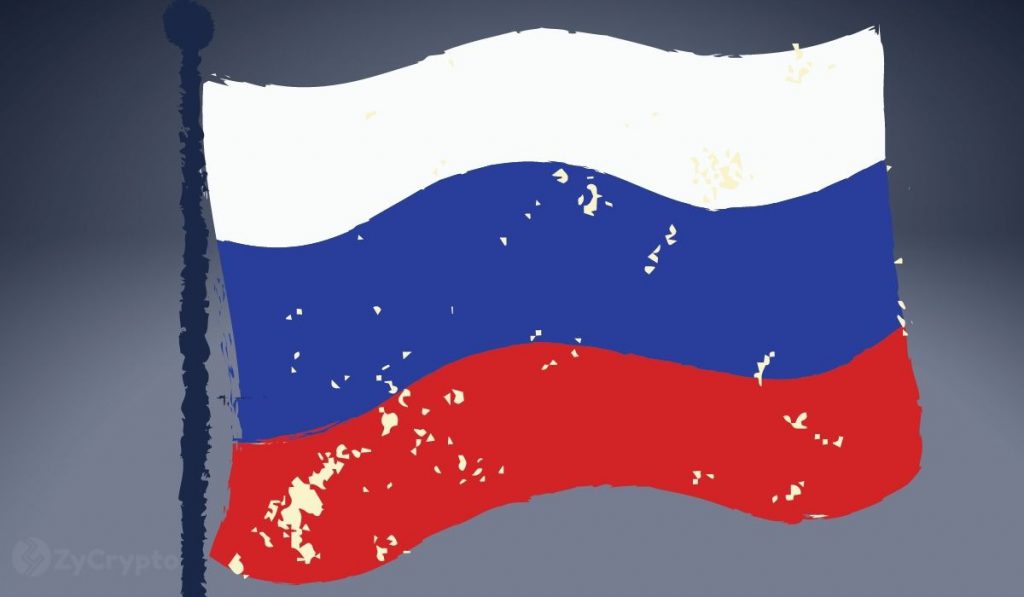- Digital ruble will render private crypto like Bitcoin obsolete, says Russian billionaire.
- Potanin believes that a digital ruble would be a more progressive move for Russia.
- Cryptocurrency in Russia has been on a rollercoaster ride over the last few years.
Vladimir Potanin has expressed his preference for CBDCs, and tokens backed by real-world assets over private crypto. The country’s second-richest man said this in a recent interview with Bloomberg.
A Digital Ruble Would Lead To Russian Advancement
Potanin revealed that he believed private cryptocurrencies would soon be made irrelevant with the development of CBDCs and the tokenization of physical assets. The billionaire who is invested in a blockchain company called Atomyze that tokenizes real-world assets to facilitate the easy and transparent exchange of these assets was speaking after the firm received a license to operate in the country.
“Unlike some cryptocurrencies, platforms like Atomyze offer high-quality and secure digital goods to consumers and can drive unreliable products out of the market,” said Potanin. Potanin also revealed that the development of a CBDC, or in this case, a digital ruble, was going to be a step in the right direction for Russia. He noted that with a digital ruble, the central bank could make advancements with blockchain technology void of the risks posed by private crypto like Bitcoin.
Potanin explained that a more tightly controlled digital currency market would deal with concerns raised in a recent report released by the Russian central bank on cryptocurrencies, recommending a ban. He noted that every transaction could be traced and verified on the network.
The billionaire revealed that CBDCs were, to him, the natural next step in the world of finance. Potanin also disclosed that Atomyze, the company he backed, would soon issue tokens to enable users to purchase real-world assets on the blockchain.
 
 
“Metal coins were replaced by paper money, and then transactions became cashless — digital financial assets are just the next stage.”
Russia’s Rollercoaster Ride
In January, the Russian central bank released a report where it recommended a ban on the use and mining of cryptocurrencies. The Russian apex bank cited concerns over the use of cryptocurrencies by criminals and the energy demands from mining the assets as affecting the country’s sustainable energy goals. Tech executives like the co-founder of Telegram, Pavel Durov, and Russian opposition spokesman Leonid Volkov spoke up against the proposal.
According to a Feb. 8 announcement, the Russian government and central bank are now jointly preparing draft legislation that will define crypto as currency.
In a call with government officials, Russia’s president, Vladimir Putin, revealed his belief that Russia may have an edge over other countries when it comes to the mining of cryptocurrencies. He said, “of course, we have certain competitive advantages here, especially in the so-called mining. I mean the surplus of electricity and well-trained personnel available in the country. “ It is important to note that Russia now contributes a sizable portion of Bitcoin’s hashrate.


